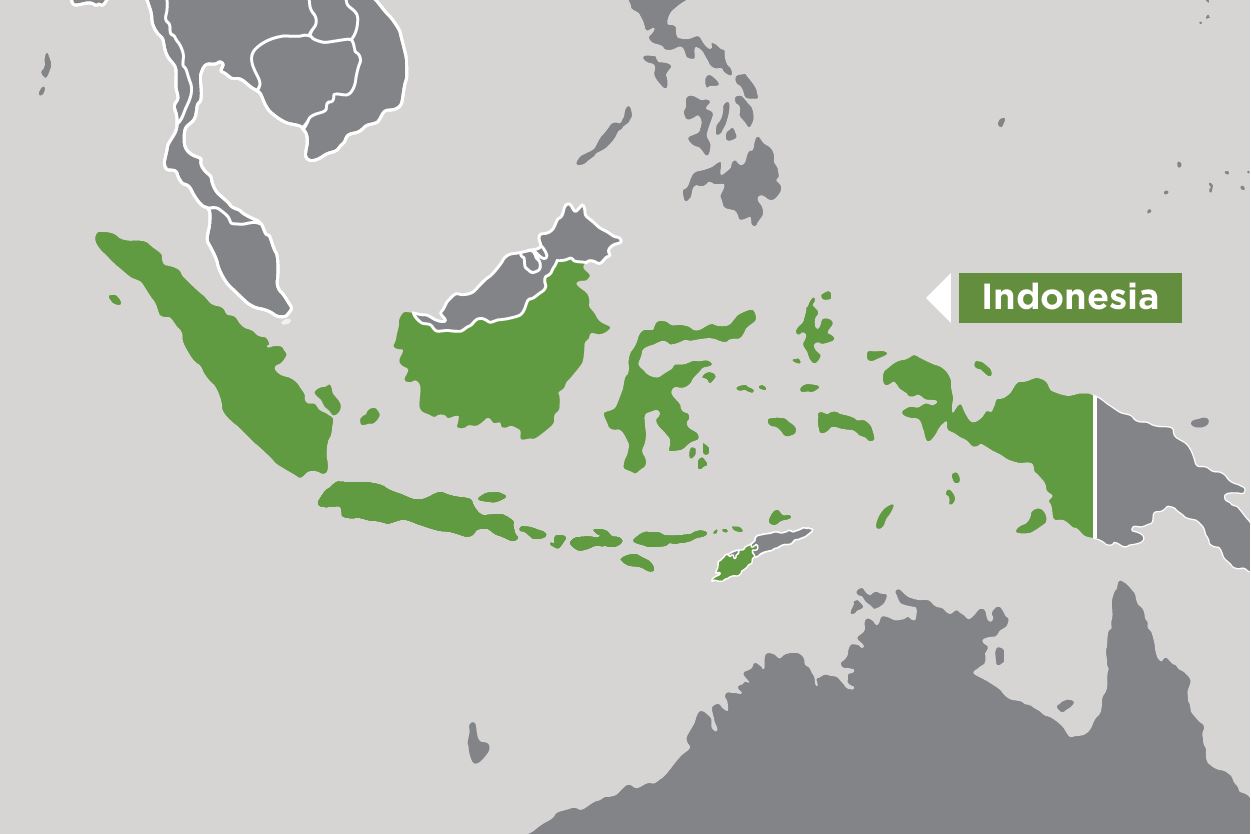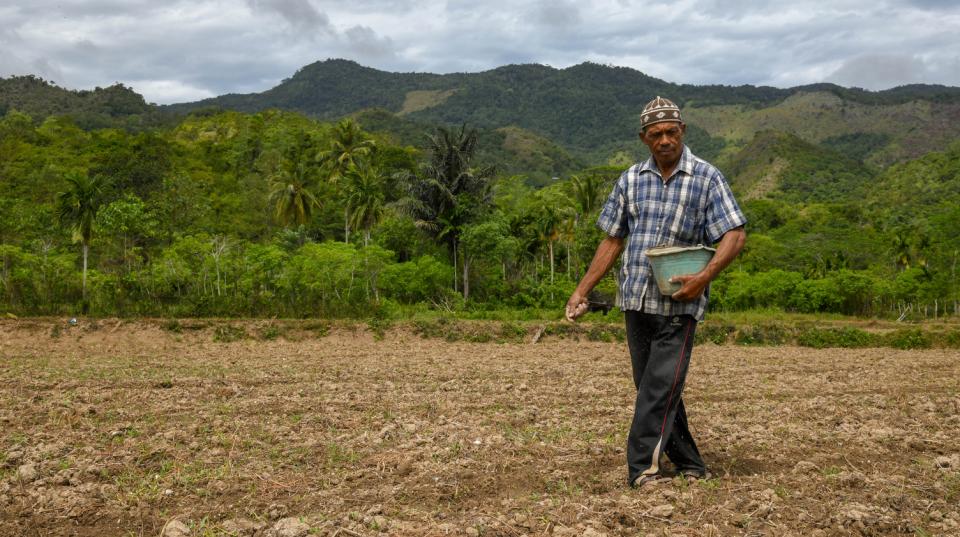Overview
This project aimed to provide advice to national and sub-national governments, village leaders, and farmer groups on how policy interventions impact agricultural productivity, environmental outcomes, and farm household welfare in Indonesia.
Indonesia’s research agencies and the international development community have focused on promoting innovative farm technologies to improve catchment productivity. However, policy and market incentives have led to low adoption rates.
Recent studies showed that agricultural policies and decentralised administrative systems are contributing to permanent productivity declines in Indonesia’s upland catchments. Policies and land allocation procedures accelerate agricultural expansion into forested catchments, encouraging land use practices that result in soil erosion, soil nutrient loss, flooding, landslides, sedimentation and biodiversity loss.
In Indonesia, some 48 million people live in and around forest boundaries. Most rely on upland landscapes for their livelihoods and economic development, but the loss of agricultural productivity and ecosystem services is leading to increased poverty and food insecurity.
The Indonesian government’s concern that existing land use policies and regulations contribute to soil erosion, soil nutrient loss, productivity declines, flooding, landslides, river and reservoir sedimentation and biodiversity loss motivated this project. This research also looked at a second, equally important, issue related to evidence suggesting that valuable agricultural extension and advisory services aimed at improving sustainable land use practices are adopted for only a few cropping seasons, before being abandoned by farm households.
In response to these concerns, this project improved the understanding of the socioeconomic and environmental impacts of existing national and local policies in 3 upland catchments in Indonesia and assessed the impacts and trade-offs associated with alternative policies.
Project outcomes
- Strengthened empirical knowledge base to design and target interventions that achieve better agricultural development with improved natural resource use
- Assessed policy and decision-making tools that improve public investment choices at village and district levels
- Equipped local and national policy-makers with the analytical skills that allow them to make improved policy choices
- Lowered economic costs to communities due to lower sedimentation and flooding
- Lowered organic and inorganic pollution leading to reduced contamination
- Improved soil management led to improved and sustained productivity
- Increased participation and information sharing by individuals in their formal and informal social networks
- Enhanced capacities and participation of women’s groups and village organisations in local development decision-making.







